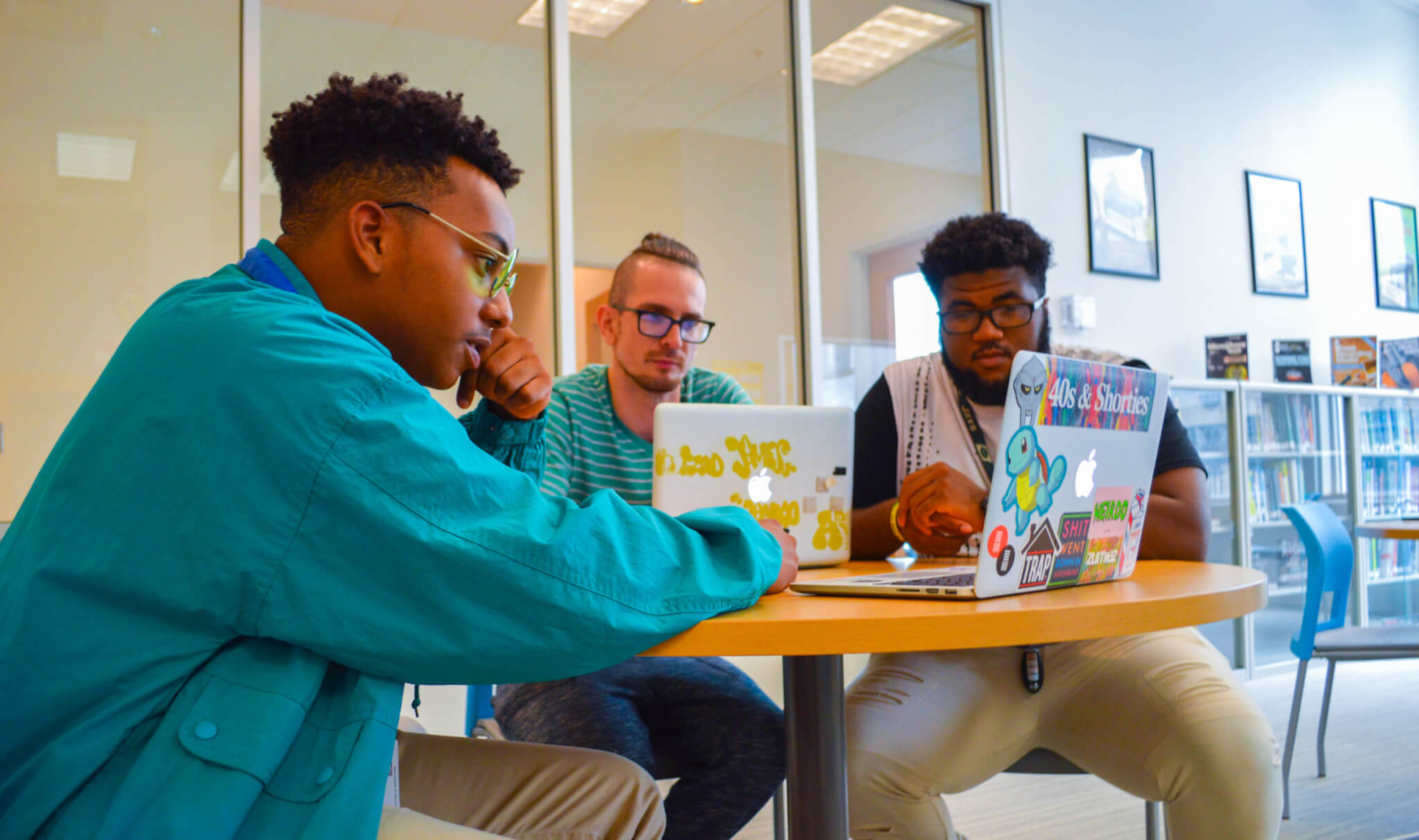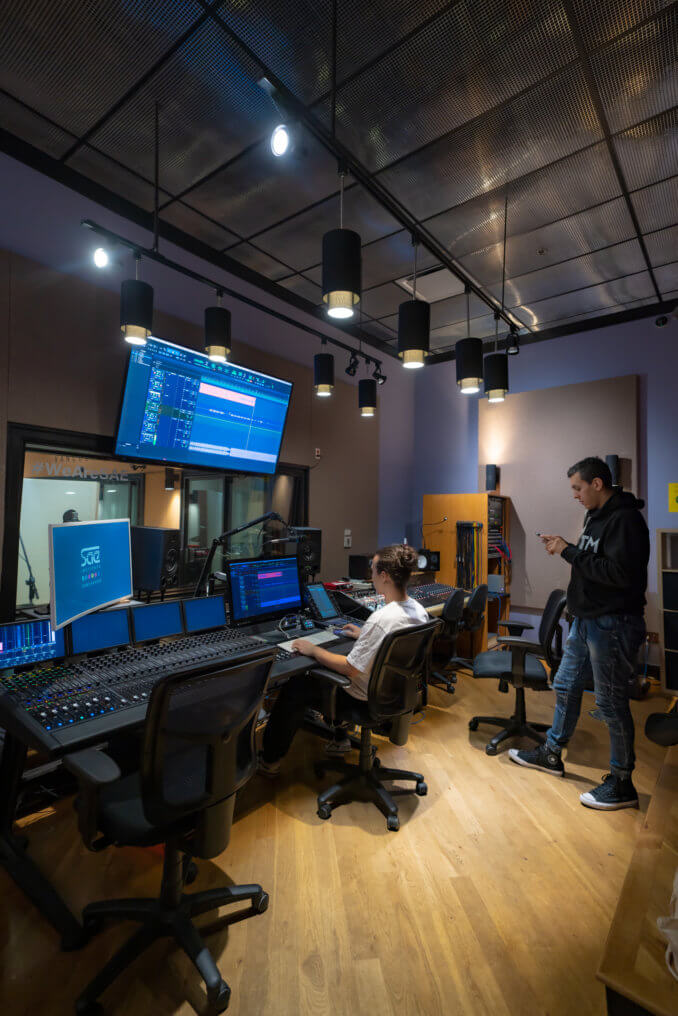


Study in Canada
For programs longer than six months, international students must obtain a Student Visa prior to entering Canada.
International Students studying in Canada for six months or less do not require a Student Visa. Working during the school year and during school, breaks can help with gaining valuable Canadian work experience and help cover the costs of your education.
The application can take some time to process, so we recommend applying well in advance.
TIPS FOR FINDING WORK AS AN INTERNATIONAL STUDENT:
Canada is a top-ranking destination for international students. It has some of the world’s most sought-after universities and offers a unique student life experience.
Studying in Canada is also a prominent pathway for international students thinking in the long term about settling in Canada.
Work while you study
Get a Study Permit! For Student Visa information, contact your local Canadian Consulate or visit the Citizenship and Immigration Canada: Study in Canada website, where you will find applications for study permits, processing times, and what to expect after you arrive in Canada.
As of June 1st, 2014, you may qualify to work off-campus without a work permit. If you qualify, your study permit will allow you to work up to 20 hours per week:
During regular academic sessions and full-time during scheduled breaks, such as the winter and summer holidays or spring break.
To qualify, you must:
- Have a valid study permit
- Be a full-time student
- Be enrolled at a Designated Learning Institution at the post-secondary level
- Be studying in an academic, vocational, or professional training program that leads to a degree, diploma, or certificate that is at least six months in duration.
Designated Learning Institution
To apply for a study permit on or after June 1st, 2014, you will need a letter of Acceptance from SAE Institute, and make sure to include our Designated Learning Institution number on your application form. Use our designated # below.
DLI#: O19330716802 (The DLI number begins with the letter “O”)
If you are still unsure, please use The Self Assessment Tool to see if you are eligible to work off-campus without a work permit.
PERSONAL FINANCES ARE A TOP PRIORITY FOR INTERNATIONAL STUDENT IN CANADA
On top of tuition, international students must consider other essentials such as textbooks, housing, groceries, and transportation.
Fortunately, international students in Canada have the option of working if they are enrolled in a program of study at a post-secondary designated learning institution (DLI). There is no separate work permit required. The program of study must exceed six months in length and lead to a professional certification.
International students may work up to 20 hours per week while school is in session and full-time during scheduled academic breaks like reading weeks or over the summer holidays, provided they will return to full-time studies.
International students are allowed to have more than one job while they are studying in Canada.
HOW TO START JOB HUNTING
If an international student’s program of study meets the necessary length and certification requirements, there are still some steps to take before being able to work as an international student in Canada.
First, those who wish to work require a Social Insurance Number (SIN), a unique nine-digit number assigned by Service Canada. It allows the government to track employment history in Canada and ensure that people are paying the correct level of income tax, as well as track hours worked. Everyone who works in Canada must have one, whether a Canadian citizen, a permanent resident, or a temporary resident.
International students must also wait until their program of study has started before being eligible to work. If they arrive in the summer before their program starts, they cannot work until their first class in September.
While waiting, they can use the time to find accommodation, go over their resumes (CVs) and think about how much time to spend working while balancing a course load and their health.
CREATING A RESUME
When updating a resume, we advise international students, especially those with limited work experience, to highlight all their strengths, skills, and experiences – including paid and unpaid work, extracurricular activities, and volunteering experience. This can include unpaid work done for a family business.
It is not necessary to include personal information such as age, marital status, nationality, visa status, social insurance number, or a photo.
WHERE CAN INTERNATIONAL STUDENTS FIND PART-TIME JOBS IN CANADA?
Most international students choose to live on or near their campus so it makes the most sense to look for jobs nearby to reduce commuting time and cost.
On-campus jobs are advertised in several ways. Most frequently, they are found on job boards, the school’s career centre or student union building, or at career fairs.
Off campus, most job hunting is done online. Canada’s JobBank typically lists part-time, positions suited for international students.
LinkedIn and Indeed are both popular websites for job seekers in Canada. There are several job websites in Canada to help start your search. Some of the most popular include:
Talent Egg
Glassdoor
Monster.ca
CareerBuilder
SimplyHired
Eluta
Upwork
HOW MUCH ARE INTERNATIONAL STUDENTS PAID?
All Canadian provinces have a minimum wage and international students should expect to make this as a minimum, per-hour rate. Anything above it is up to their employer. The current minimum wage in the province of BC is $15.65 and will increase to $16.75 on Jun 1, 2023.
One of the most popular jobs for students is working in the hospitality/restaurant industry, the wage for such work is typically lower than minimum wage and varies by province. However, in Canada, it is customary for bar and restaurant patrons to tip their servers and bartenders anywhere from 10% to 20% of the purchase price of their food or drink. In many instances, those who work in the restaurant industry can make more money than those who make the full minimum wage.
DISCOVER YOUR OPTIONS TO STUDY IN CANADA
Courtesy of CIC News:
The voice of Canadian immigration









